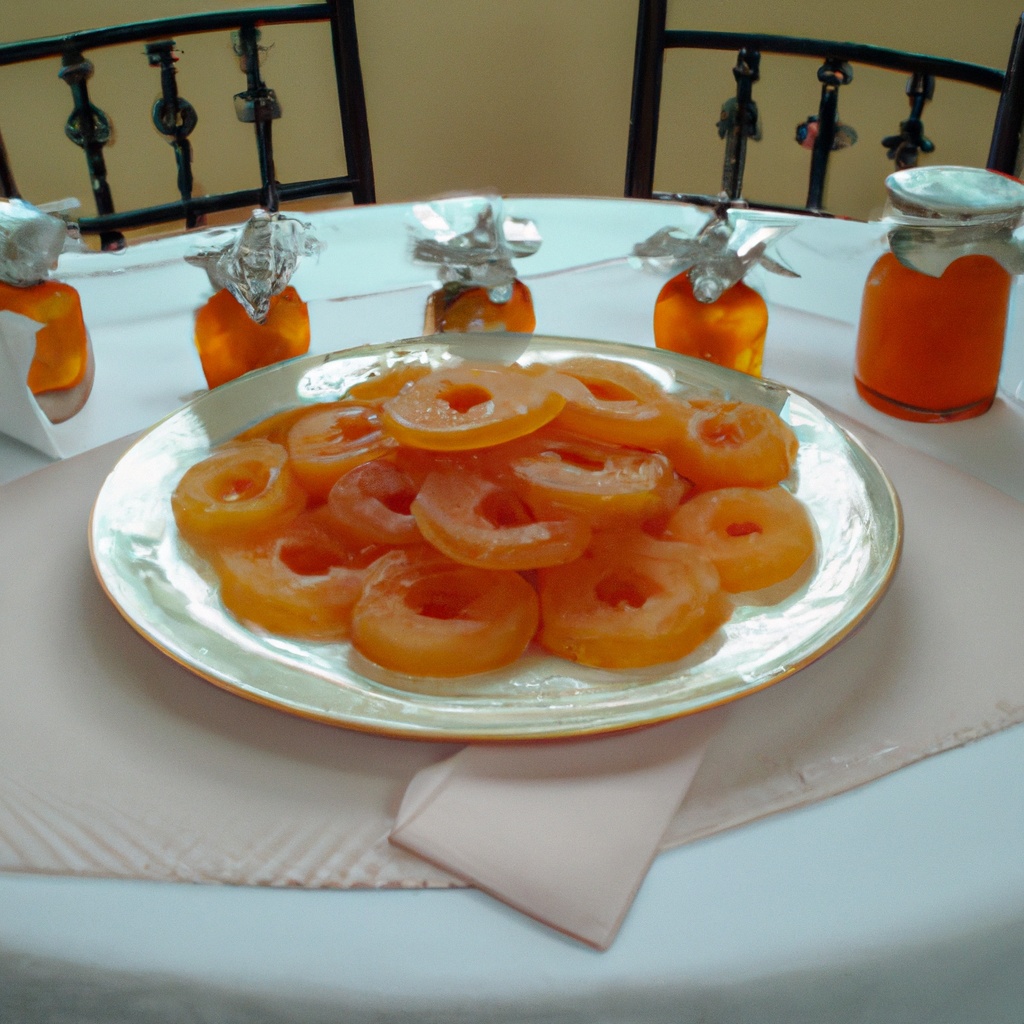PROS
Homemade marmalade has a richer flavor than store-bought varieties and contains no preservatives or additives.
It pairs well with a variety of breakfast foods, including toast, scones, and biscuits.
CONS
Marmalade is high in sugar and should be consumed in moderation.
Making marmalade can be time-consuming and may require some skill in preserving techniques.
HEALTH & BENEFITS
Oranges are rich in vitamin C, which is essential for immune health.
Marmalade contains antioxidant compounds that can reduce inflammation and protect against chronic disease.



/rating_off.png)
Leave a Reply